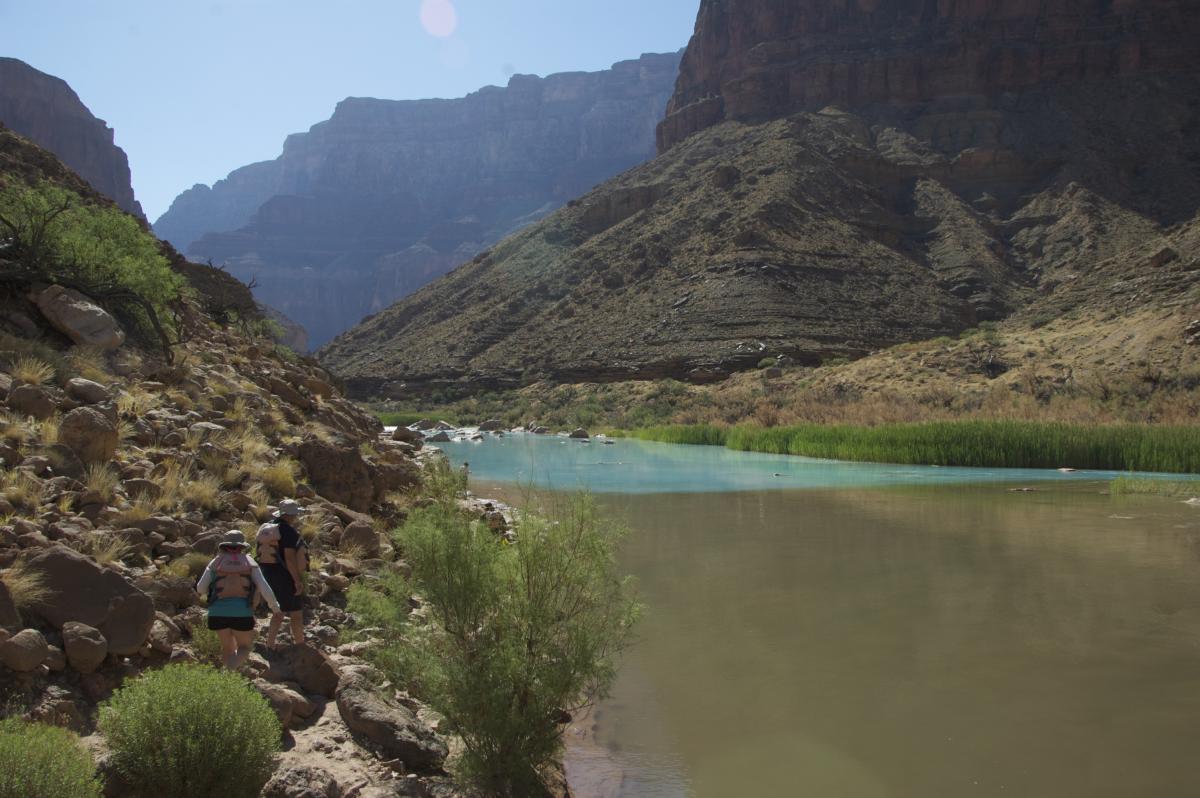 Turtles and lizards and pterosaurs, oh my! And whales. Also, sorry to say, continued sobering reports of trends in and consequences of climate change, but also continued efforts to obfuscate and misrepresent the science. Depressing, but you can do something about it: join NCSE and help us give teachers the confidence they need to present climate science accurately, honestly, and completely.
Turtles and lizards and pterosaurs, oh my! And whales. Also, sorry to say, continued sobering reports of trends in and consequences of climate change, but also continued efforts to obfuscate and misrepresent the science. Depressing, but you can do something about it: join NCSE and help us give teachers the confidence they need to present climate science accurately, honestly, and completely.
- New Lizard Shows Evolution’s Predictability, Quanta, June 29, 2016 — Does evolution follow predictable paths? For years, a small group of Caribbean anoles seemed to defy a pattern of predictable species forms across the islands. But, as Quanta’s Emily Singer explains, a newly-discovered species shows how even those rare anoles fit the pattern. The new species is the first major new Caribbean anole discovered since the ’80s, and was discovered by an amateur naturalist on Hispaniola. Another way in which order emerges from the randomness and variation of evolution.
- Why Study Extinct Animals? Two Paleontologists Explain Their “Sexy Medium”, LA Weekly, July 8, 2016 — A lively profile of two paleontologists at the Natural History Museum of Los Angeles County, Michael Habib and Nathan Smith, just in time for the debut of the Pterosaurs: Flight in the Age of Dinosaurs exhibit there.
- Evolution Ed Defenders Make Rapids Progress in the Grand Canyon, Scientific American, July 11, 2016 — NCSE’s Minda Berbeco writes: “Hey, look—it’s NCSE’s Grand Canyon trip! And our very own Ann Reid! I listened to 60-Second Science when I was a grad student. So fun!”
- A Gathering of Giants, California Academy of Science’s bioGraphic, July 12, 2016 — Do not miss this extraordinary photo essay by Tony Wu, an underwater photographer who found himself among a gathering of hundreds, perhaps thousands, of sperm whales. The pictures are breathtaking, and you’ll learn a lot about sperm whales too. Indeed, the whole bioGraphic site is well worth exploring.
- “The Extraordinary Years Have Become the Normal Years”: Scientists Survey Radical Arctic Melt, The Washington Post, July 13, 2016 — “I see the situation as a train going downhill,” scientist Marco Tedesco is quoted as saying. 2016 is shaping up to be a year full of records in the Arctic—highest-ever April-June temperatures in Greenland, lowest-ever snow cover in the Northern hemisphere, for example. Of special concern is that Arctic warming contributes to a number of positive feedback loops: less ice means less sunlight reflected back into space; thawing of permafrost releases more heat-trapping methane.
- What Phony Op-Eds about Climate Change Have in Common, Columbia Journalism Review, July 14, 2016 — Discussing a spate of “phony” opinion columns decrying his efforts to investigate possible fraud on the part of climate change deniers, Sheldon Whitehouse concludes, “The climate denial apparatus illuminated by the work of these writers and others is the untold story behind our obstructed American politics of climate change.”
- Why Turtles Evolved Shells: It Wasn’t For Protection, The Atlantic, July 14, 2016 — “The turtle’s shell,” Ed Yong explains, “is a wonderful example of exaptation—the evolutionary process where a trait evolves for one function and is then co-opted to serve another. They began as digging platforms and then became suits of armor.”
- Biodiversity is Below Safe Levels Across More Than Half of World’s Land, The Guardian, July 14, 2016 — Adam Vaughan explains a new study that warns of a preponderance of hazardously low biodiversity: “Analyzing 1.8m records from 39,123 sites across Earth, the international study found that a measure of the intactness of biodiversity at sites has fallen below a safety limit across 58.1% of the world’s land.” A bummer of a story, to be sure, but since this is our fault, we should probably understand the consequences.
- The 7 Biggest Problems Facing Science, According to 270 Scientists, Vox, July 14, 2016 — “Many scientists have had enough. They want to break this cycle of perverse incentives and rewards. They are going through a period of introspection, hopeful that the end result will yield stronger scientific institutions. In our survey and interviews, they offered a wide variety of ideas for improving the scientific process and bringing it closer to its ideal form.”

